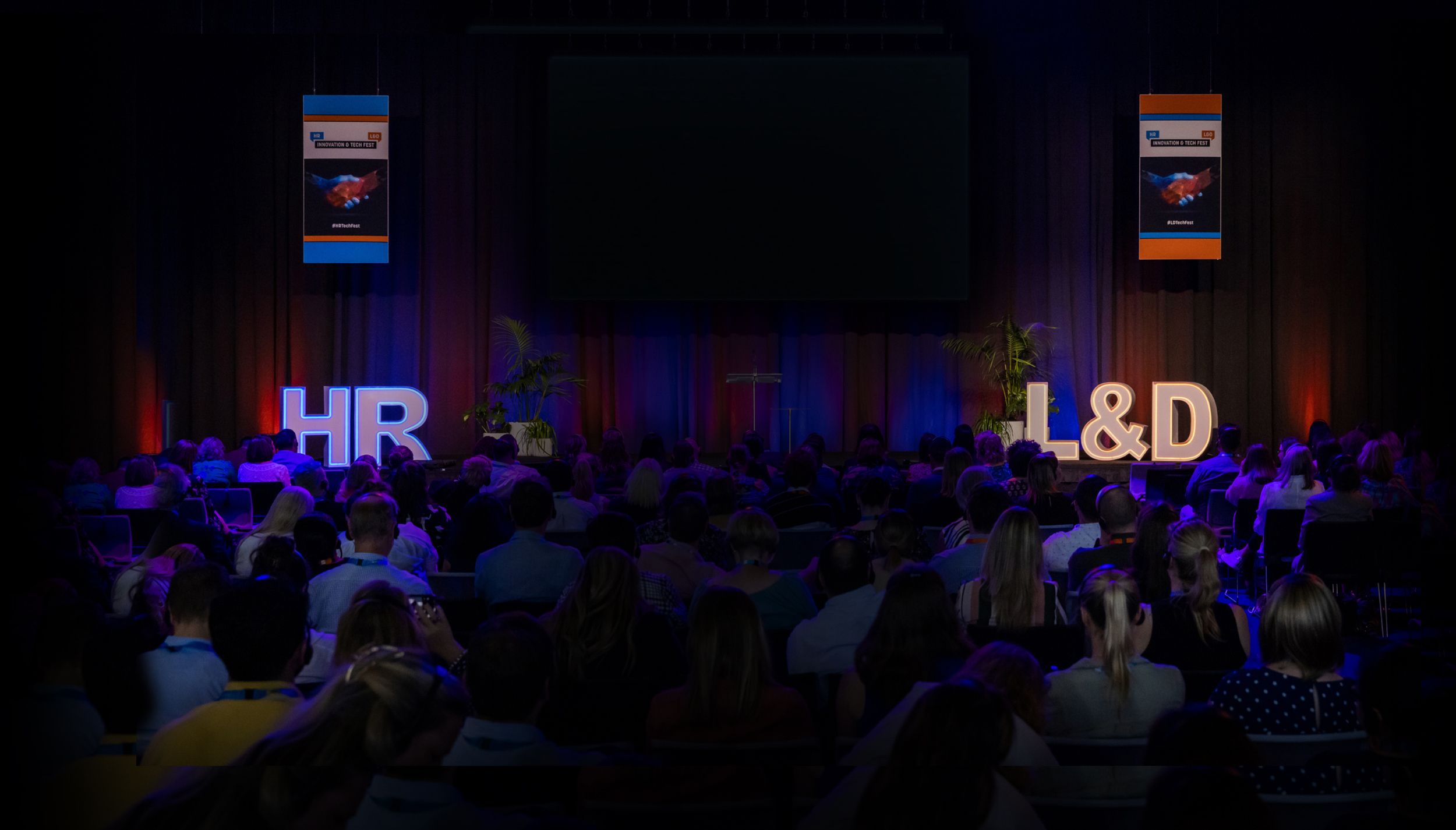6 Ways of Creating a Learning Culture
)
Learning is no longer just the role of students or apprentices. Technological advances, such as AI and automation, are creating an environment of almost constant change. Organisations that don’t encourage and enable their employees to adapt will lose their competitive edge.
Employers need to hire for future needs – needs that may not have even been identified yet. In addition, traditional employee learning and development strategies are based on a stable and predictable environment. That, for better or worse, no longer exists.
It’s also no longer enough to employ someone and expect them to stick to their nominated field of work. Deloitte’s 2017 Global Human Capital Trends report found 42% of Millennials are likely to leave their organisations because they are not learning fast enough. That number is astounding, especially when 75% of the workforce will be Millennials by 2025.
What’s needed for organisations to survive and thrive in this new world is education; creating a culture of continuous learning that helps older staff shift into this new, fast changing era, and to satisfy the younger worker’s desire to learn.
Here are six ways of creating a learning culture in your organisation, regardless of your industry, size and age of workers.
1. It Starts at the TopNever forget how powerful the actions of your leaders are. Words can be inspiring, but seeing leaders ‘live’ the values of the organisation will bring them to life. This means ensuring your top level are learning, and are seen to be learning. Their engagement with your learning programs will be a major factor in their success and is essential to any cultural shift.
2. Hire for Ability to Learn, not Just ExperienceThe new global skills are not manual skills, they’re about behaviours such as adaptability, empathy and problem solving. The best candidate for the job may not be the person who has worked for 20 years in one role, but the person who has worked six years across multiple roles. They’re the candidate that has shown they can adapt.
3. Personalise the ExperienceYour workers are more likely to learn if the program content is relevant to them and their personal goals. Sit down with employees and collaborate with them to map out their career progression and learning needs. You’re also more likely to get the most out of your employees if you fully understand their interests.
New learning platforms have the ability to curate and recommend content by analysing employees’ learning activities and preferences – similar to how Netflix always knows what to recommend for you. Personalisation can go one step further with employees choosing their own programs, like a Spotify list.
4. Make Learning AccessibleWhere are your workers? Are they desk-bound? Are they out and about using tablets, phones or talking to each other on social media? If you want to build a learning culture, then learning has to be built into their way of life. Mobility is key to making education accessible to them when they want it and where they want it.
5. Integrate it Into the Flow of WorkHow engaged in learning do you think your employees are when they are ‘pushed’ into it, such as receiving emails informing them they ‘must’ complete a module by a certain date? It’s probably not the best environment for them to learn. Instead, learning platforms can create programs to help employees learn while working. Workers can ‘pull’ relevant content as part of their everyday jobs. Learning becomes just a natural part of their work day, rather than something they have to take time out to do.
6. Share, Welcome and Celebrate LearningFinally, it’s important to celebrate the wins. If an employee completes a program and nobody sees… does it really happen? A culture of learning means that everyone is dedicated to improving themselves and helping others to do the same.
Celebrate the wins, encourage sharing of knowledge and welcome the shift in your culture from ‘just doing’ to ‘always learning’.
About the Author
Olivier Pestel is AVP, Solution Consulting & Business Development at Cornerstone OnDemand. A French native, Olivier made Australia home 10 years ago settling in Sydney. For the last 20 years, Olivier has worked with a large number of organisations throughout Asia Pacific & Europe on the journey to select, implement, adopt and optimise HR technology in the Human Capital Management domain. Olivier joined Cornerstone Asia Pacific Japan in 2014 and contributed to build and expand the Business Development & Solution Consulting practices which assist organisations to evaluate and optimise how technology can enable better business performance.


